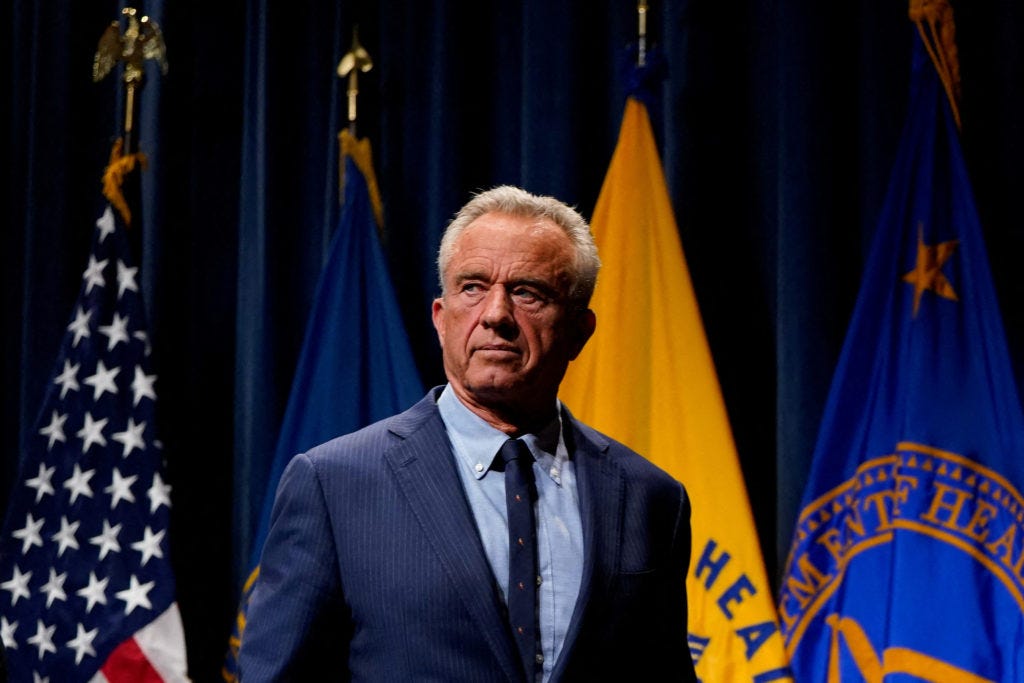Is Kennedy’s new CDC vaccine panel the end of the rubber-stamp era?
They questioned the narrative. Now they’re shaping the policy.
Today, US Health Secretary Robert F. Kennedy Jr. announced the names of eight new members who will join the CDC’s Advisory Committee on Immunization Practices (ACIP)—a slate he describes as “highly credentialed physicians and scientists” committed to evidence-based decision-making, transparency, and common sense.
This marks the first time in decades that the committee—long stacked with establishment figures who rarely questioned the expanding childhood vaccine schedule—has been thoroughly overhauled.
The move follows Kennedy’s decision earlier this week to retire all 17 of the previous members of ACIP, many of whom had longstanding ties to pharmaceutical companies.
Instead of shying away from the inevitable criticism from the media, Kennedy leaned in.
“All of these individuals,” he wrote on X, “are committed to demanding definitive safety and efficacy data before making any new vaccine recommendations.”
In fact, he’s gone one step further—the newly appointed ACIP will not only examine vaccines moving forward, but also re-examine the existing schedule, a revolutionary move in itself.
“The committee will review safety and efficacy data for the current schedule,” he wrote.
And while mainstream media outlets continue to hyperventilate, the rest of us should be heartened that it’s a serious line-up of scientists, doctors, policy experts and patient advocates—many who have demonstrated intellectual courage and a deep commitment to public health.
Here’s a snapshot of who they are—and why it matters.


